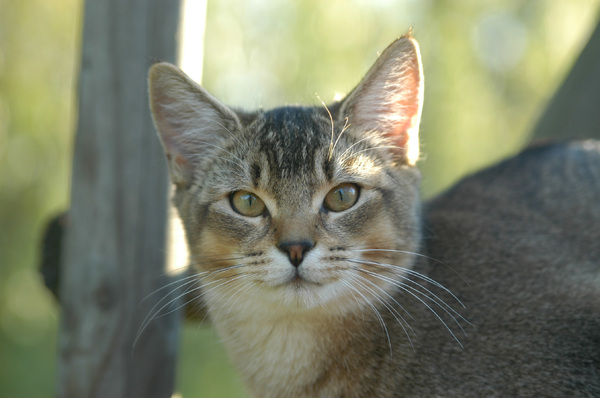Handling Wetness Control in Cat Litter
Handling Wetness Control in Cat Litter
Blog Article

Cat litter and litter boxes play a pivotal function in the lives of both felines and their owners. From the humble beginnings of sand and soil to the ingenious improvements of today, the world of cat litter has developed considerably. In this thorough guide, we look into every element of cat litter and litter boxes, exploring their history, types, advantages, challenges, and everything in between.
The history of cat litter dates back centuries, with ancient civilizations using sand, soil, and even ashes as primitive litter materials. However, it wasn't until the mid-20th century that modern cat litter as we understand it emerged. In 1947, Edward copyright introduced the world's first commercial cat litter made from absorbent clay, transforming the way cats relieved themselves inside your home. Considering that then, cat litter has undergone numerous transformations, with the introduction of clumping litter, silica gel litter, biodegradable options, and more.
Today, cat owners are spoiled for option when it pertains to choosing the best litter for their feline companions. Traditional clay litter remains popular for its affordability and efficiency in soaking up smells. Clumping litter, which forms strong clumps when wet, simplifies cleaning and upkeep. Silica gel litter, made up of extremely absorbent silica crystals, provides superior odor control and durability. Eco-friendly choices, such as recycled paper, wood pellets, corn, and wheat, attract environmentally mindful customers.
Each type of cat litter offers special benefits. Clay litter excels in its ability to soak up moisture and control odors, making it a reliable option for lots cat litter box of cat owners. Clumping litter simplifies day-to-day scooping and extends the time in between total litter modifications. Silica gel litter offers exceptional smell control and can last longer in between replacements. Biodegradable litters use a sustainable alternative that minimizes ecological impact.
While cat litter enhances wood pellets cat litter indoor feline health, it is not without its difficulties. Dust from clay litter can position breathing dangers for both cats and human beings, prompting the appeal of dust-free alternatives. Some felines may establish litter box aversion due to issues with texture, aroma, or cleanliness, demanding experimentation with different litters and box setups. Multi-cat homes might require tactical litter box positioning and frequent upkeep to prevent territorial disagreements and guarantee all cats have access to tidy centers.
Choosing the appropriate litter box is vital for promoting positive litter box routines and overall feline wellness. Aspects to consider consist of size, accessibility, and style preferences. Covered litter boxes offer privacy and assistance consist of odors, however some cats might discover them confining or frightening. Open-top litter boxes offer simple access and visibility however might result in more litter scatter. Automatic self-cleaning litter boxes simplify maintenance but need regular monitoring and maintenance.
Proper litter box upkeep is crucial for guaranteeing a tidy and inviting environment for both cats and their owners. Daily scooping gets rid of waste quickly, decreasing odor and dissuading litter box hostility. Regular litter replacement, generally every 1-2 weeks, avoids bacterial accumulation and maintains ideal absorbency. Extensive cleaning with mild detergent and water, preventing extreme chemicals that may discourage felines from using package, need to be performed monthly.
Cat litter and litter cat litter scooper boxes play a central role in promoting a healthy and unified relationship between cats and their human companions. With a varied selection of litter alternatives and litter box designs offered, feline owners have the versatility to tailor their options to match their felines' preferences and home requirements. By understanding the evolution, types, benefits, and difficulties of cat litter and litter boxes, animal owners can supply their feline buddies with a comfortable and hygienic indoor environment.